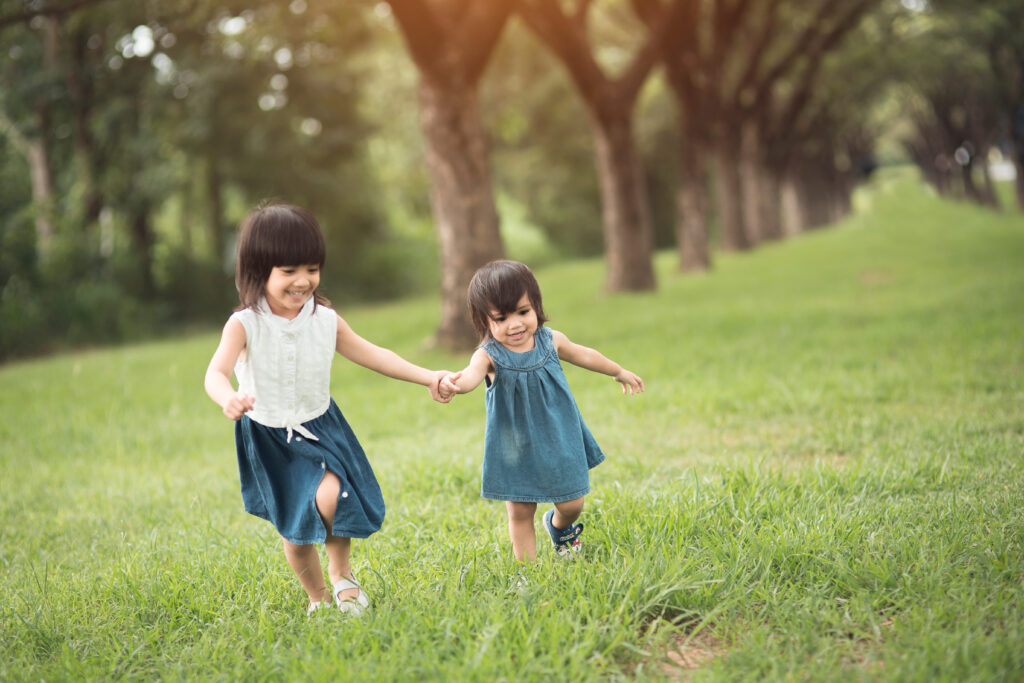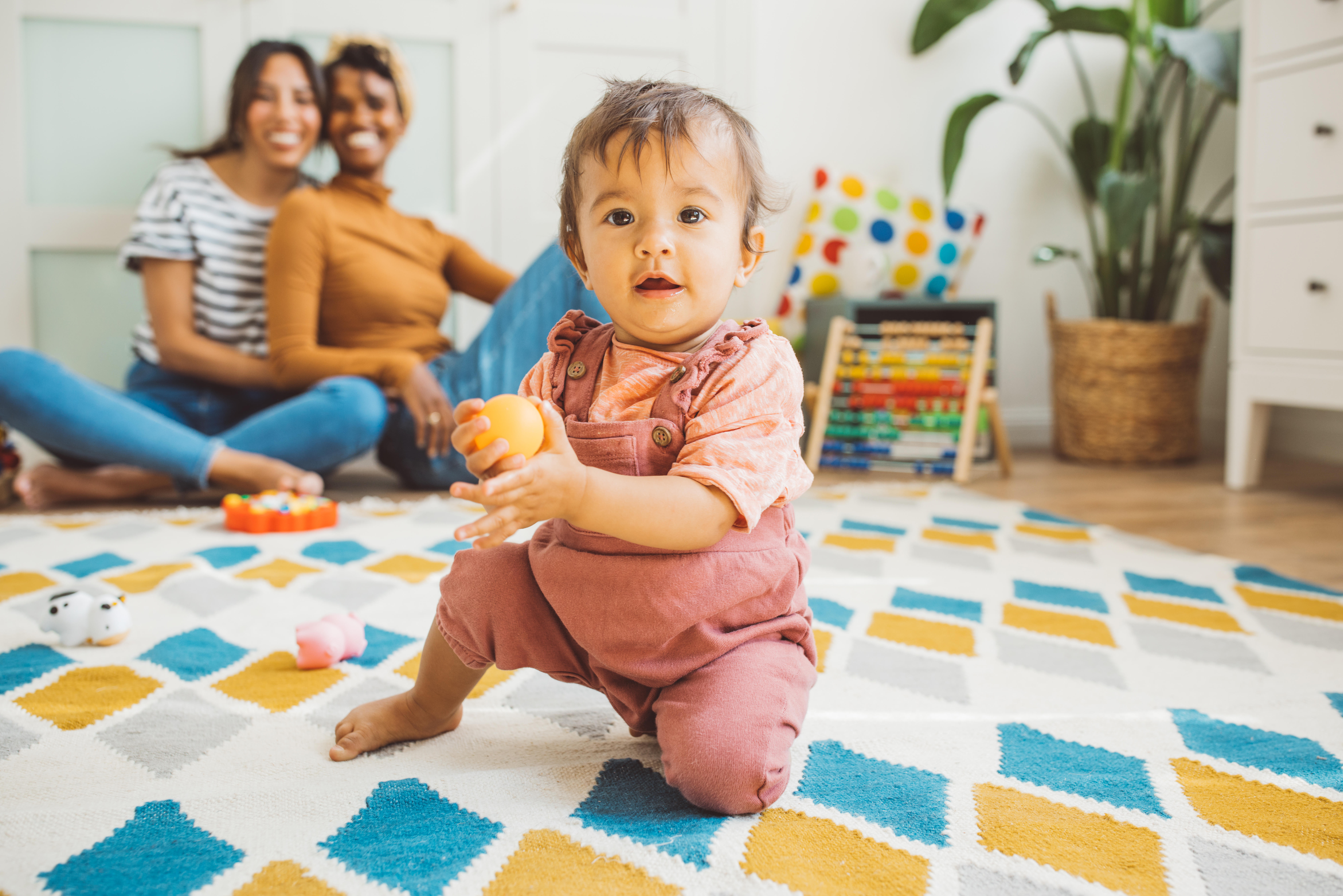Milestones/Education
Your child grows in their own unique way, and this list is here to give you a general understanding of milestones.
Think of it as a helpful guide not a checklist!
You can also use milestones as a great way to reflect on your child’s development and find opportunities to encourage exploration. If you have concerns, checking in with your pediatrician is always a good idea.

Milestone areas
Social & Emotional
Your child recognizes feelings and plays with others. Support their development with interactive games and sharing activities.
Thinking Skills
Your child problem-solves and learns new things. Stimulate their thinking with puzzles, stacking blocks, and imaginative play.
Language
Your child babbles, talks, and understands. Encourage their growth through books, songs, and conversation.
Development
Your child moves, crawls, and walks. Boost their coordination with tummy time, outdoor play, and fun activities.
Activities
We’ve added examples and activities for each milestone to help you support your child’s growth.

Check Out More Resources
If you want to learn more about milestones, check out these websites for great resources!
